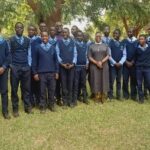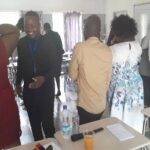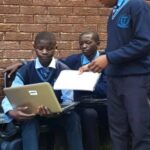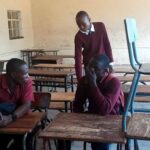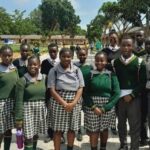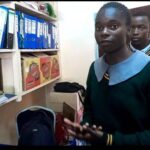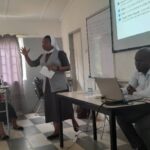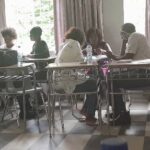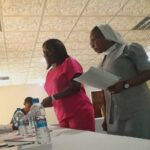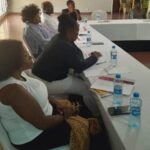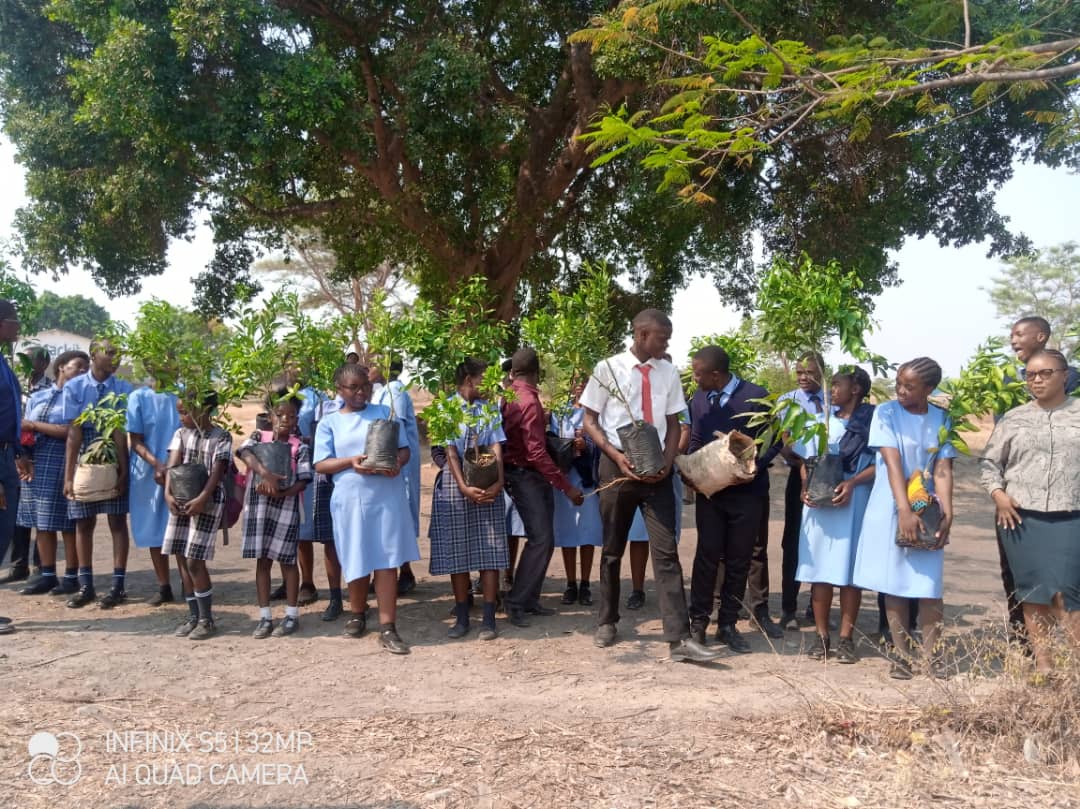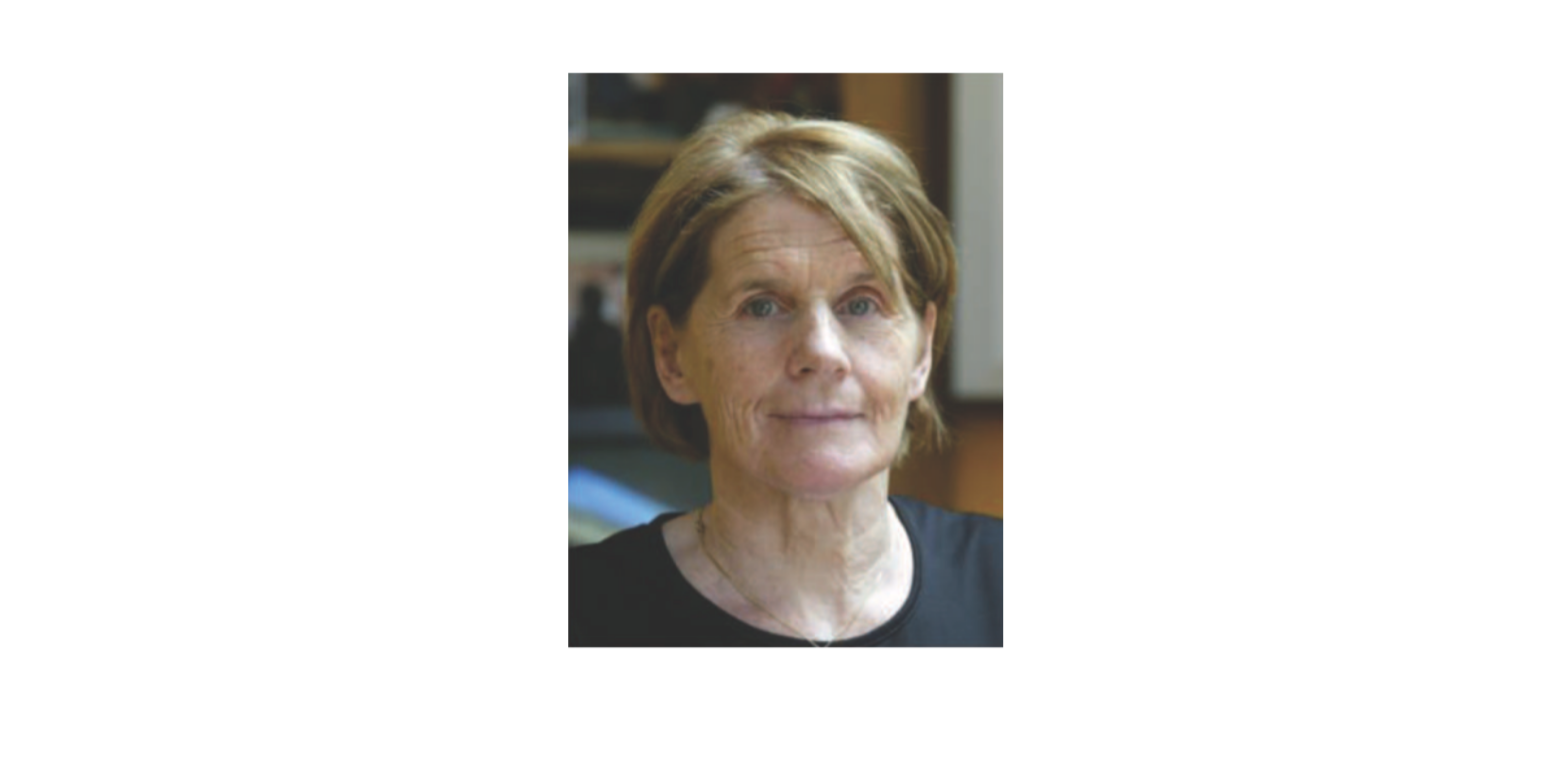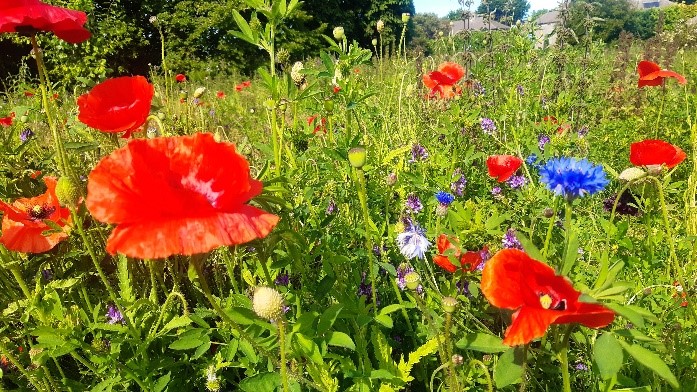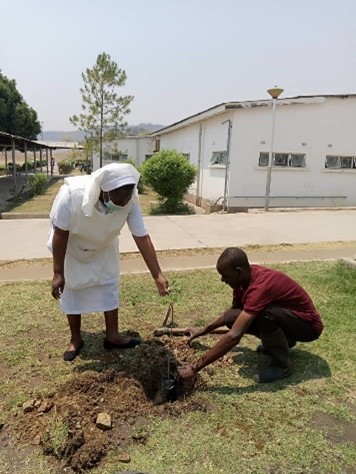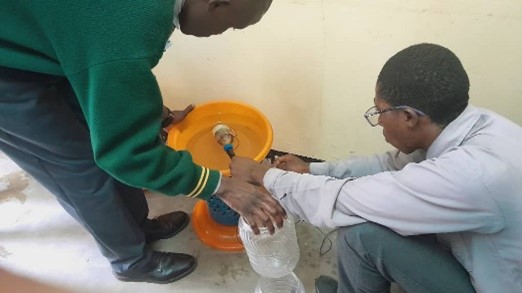
Young Social Innovators (YSI) is a dedicated non-profit organization that promotes social innovation education. it is a group organized for purposes other than generating profit and in which no part of the organization’s income is distributed to its members, directors, or officers. It was established in 2001 by Sr. Stanislaus Kennedy a Religious Sister of Charity in Ireland and Rachel Collier. It has a unique model of social innovation learning and practice for young people and teenagers. Here in the Zambian Region, the project is coordinated by Mrs. Claudia Chipimo and assisted by Sr. Rosemary Agada, a Religious Sister of Charity, who have trained and given guidance to all the teachers from different schools through seminars to enable them to assist their students when needed.
The YSI Vision is to make young people feel inspired, empowered, and equipped to change the world for good and the Mission to provide social innovation education that empowers young people to act on social issues. A YSI project is a fun, creative, and engaging experience through which young people co-create and implement solutions to real-world social issues. Young Social Innovators (YSI) is a non-profit organization that empowers young people to use their talents, insights, passion, and creativity to come up with innovative solutions to social challenges.
Looking back at the various projects and the Speak Out session carried out by the young social innovators from the different secondary schools, it’s evident that these initiatives have had a profound impact on both the students involved and the broader community. We started early in February and later in October 2023, by organizing a workshop for the teachers who will act as guides for the young social innovators in their respective schools to give the right training needed in order to guide the young innovators as they undertake their different projects.
Facilitating Reflection and Learning: Throughout the project journey, coordinators have facilitated reflection and learning opportunities, encouraging the teachers who were serving mentors to critically evaluate their progress, identify areas for improvement, and celebrate their successes. By creating space for open dialogue and constructive feedback, coordinators have fostered a culture of continuous learning and growth among teachers from different schools.
Mentorship and Guidance: The teachers have served as mentors and guides, offering valuable insights, resources, and encouragement to students throughout the project development process. By providing a supportive environment where students feel empowered to explore their ideas and take initiative, the teachers have played a crucial role in fostering a culture of innovation and collaboration.
Diversity of Projects: One notable aspect is the diversity of projects undertaken by the young social innovators. From addressing environmental issues like waste management and conservation to tackling social issues such as mental health awareness and community inclusion, the range of topics reflects the students’ awareness of and concern for pressing issues facing society today, especially beginning in their schools.
Creativity and Innovation: The projects demonstrate the creativity and innovation of the students in finding solutions to complex problems. Whether it’s through technological innovations, grassroots campaigns, or artistic expressions, the young social innovators have shown an ability to think outside the box and come up with innovative approaches to effect positive change.
Collaboration and Teamwork: Many of the projects involved collaboration and teamwork among students, highlighting the importance of collective efforts in driving social change. Through collaboration, students not only leverage each other’s strengths and skills but also learn valuable lessons in communication, negotiation, and compromise.
Empowerment and Agency: Engaging in social innovation projects empowers students to become agents of change in their communities. By taking initiative, identifying problems, and implementing solutions, students develop a sense of agency and realize their ability to make a difference, however small it may seem at first.
Speak Out Sessions: In December 2023, the young innovators from the different schools had the Speak Out Session where they presented the different projects. The Speak Out Sessions provide a platform for students to share their experiences, insights, and learnings with their peers and the wider community. These sessions not only showcase the impact of their projects but also inspire others to get involved and take action.
Long-term Impact: While the immediate impact of the projects may vary, the long-term effects extend beyond the duration of the initiatives themselves. By instilling a sense of social responsibility and activism in students, these projects lay the foundation for a generation of change-makers who are equipped to address the challenges of the future.
Eight secondary schools from Lusaka participated this year with different kinds of projects such as waste management, using solar to generate water in the rural areas, helping to deal with mental health issues in their schools and carpentry to help repair all the broken desks in the school. These are the names of the different schools that participated in this year’s projects: Roma Girls, Saints Francis and Clare, Olympia, Lusaka Boys, Munali Girls, Kuanda Square, and Saint Mary Girls.
At this stage, we await the full implementation of these projects as we plan for future projects.
In conclusion, the projects and Speak Out Sessions carried out by these young social innovators in secondary schools are not only making a tangible difference in their schools and communities but also shaping the attitudes, skills, and values of the next generation. As we continue to support and nurture these efforts, we can look forward to a future where young people play a leading role in creating a more just, sustainable, and inclusive world.
Below are some photos from the different schools showing what their projects are about and the training sessions for the teachers.

